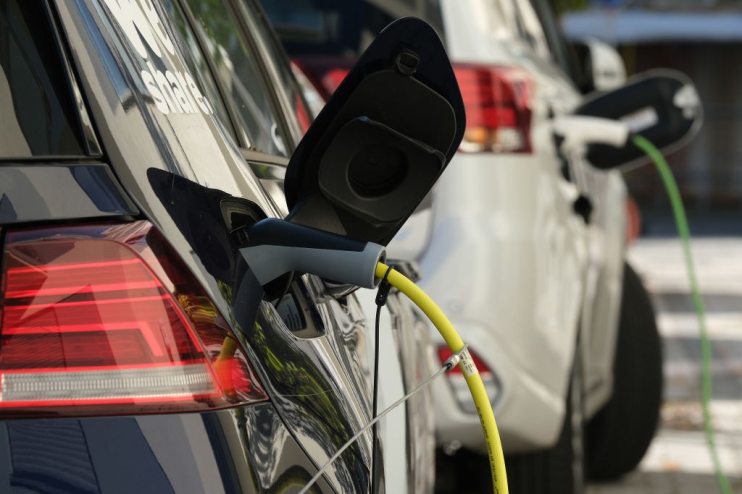UK to invest £620m in EV transition as part of net zero plan

The UK Government has announced it will invest £620m to support the transition to electric vehicles (EV) as part of the Net Zero strategy unveiled today.
“By moving first and taking bold action, we will build a defining competitive edge in electric vehicles, offshore wind, carbon capture technology and more, whilst supporting people and businesses along the way,” said Prime Minister Boris Johnson.
According to the 368-page document, the funding will sustain the rollout of charging infrastructure – focusing specifically on residential on-street charging – and targeted plug-in grants.
The new round of investments will build on the £1.3bn pledged by Downing Street in November 2020 for charging infrastructure.
“We’re seeing significant growth in electric vehicles technologies, which the UK is a leading global innovator in, along with other net-zero technologies,” said Tech Nation’s chief executive Gerard Grech.
“There are 519 net zero startups and scaleups in the UK, nearly double the number in France (270) and 63 per cent more than in Germany (318).
These companies are scaling rapidly; in the first half of 2021 alone, UK tech companies tackling UN sustainable development goals have raised $1.2bn.”
The strategy also includes the pledge to use £350m to build a competitive zero emission vehicle supply chain and ensure the UK automotive industry is at the forefront of the transition. As part of the strategy, the government will require manufacturers to deliver a certain percentage of zero emission vehicles each year from 2024.
The EV industry’s response highlighted that, despite the government’s good intentions, there are still challenges to the mass adoption of EV.
As stated by Ian Plummer, commercial director at automotive advertising business Auto Trader, people are keen to buy electric vehicles but price is one of the main barriers.
“Our data shows that interest in electric vehicles is coming almost exclusively from wealthier postcodes,” he said. “The comparatively high up-front cost of EVs is proving to be a massive barrier for people on average or below average incomes.
“Incentives are needed to bridge the gap between traditionally fuelled cars and EVs for those who simply cannot afford the ‘green premium’”.